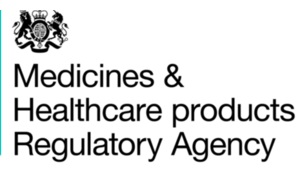-
3rd Oct 2019, 11:41 AM
#5
Hi Carly
Thank you for your question. In your scenario, I am presuming that the restricted access prevent access by member of the public and certain staff groups, but that the staff groups that do have access would be a mix of staff with and without specific blood collection training. In that scenario, we would still only expect collection of blood by trained members of staff and barriers to untrained members of staff. As Mike posted above, the barrier in that case could be via other aspects of the quality system, such as training people at induction that they are not to collect blood under any normal circumstances. Given that blood may be required in emergencies when there are no trained members of staff available, you will need to build that scenario into you QMS and policies, such as an alternative way to get blood urgently via a BMS as described above. As a last resort, no one who needs blood should be denied it, a concessionary release process would need to be used where the person using the blood takes full responsibility for an untrained member of staff collecting the blood. Your blood collection policies and procedures must therefore reference not just how to collect blood under normal situations, but also detail how to obtain blood in urgent and emergency situations.
 Posting Permissions
Posting Permissions
- You may not post new threads
- You may not post replies
- You may not post attachments
- You may not edit your posts
-
Forum Rules





 Reply With Quote
Reply With Quote